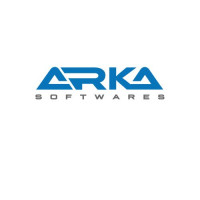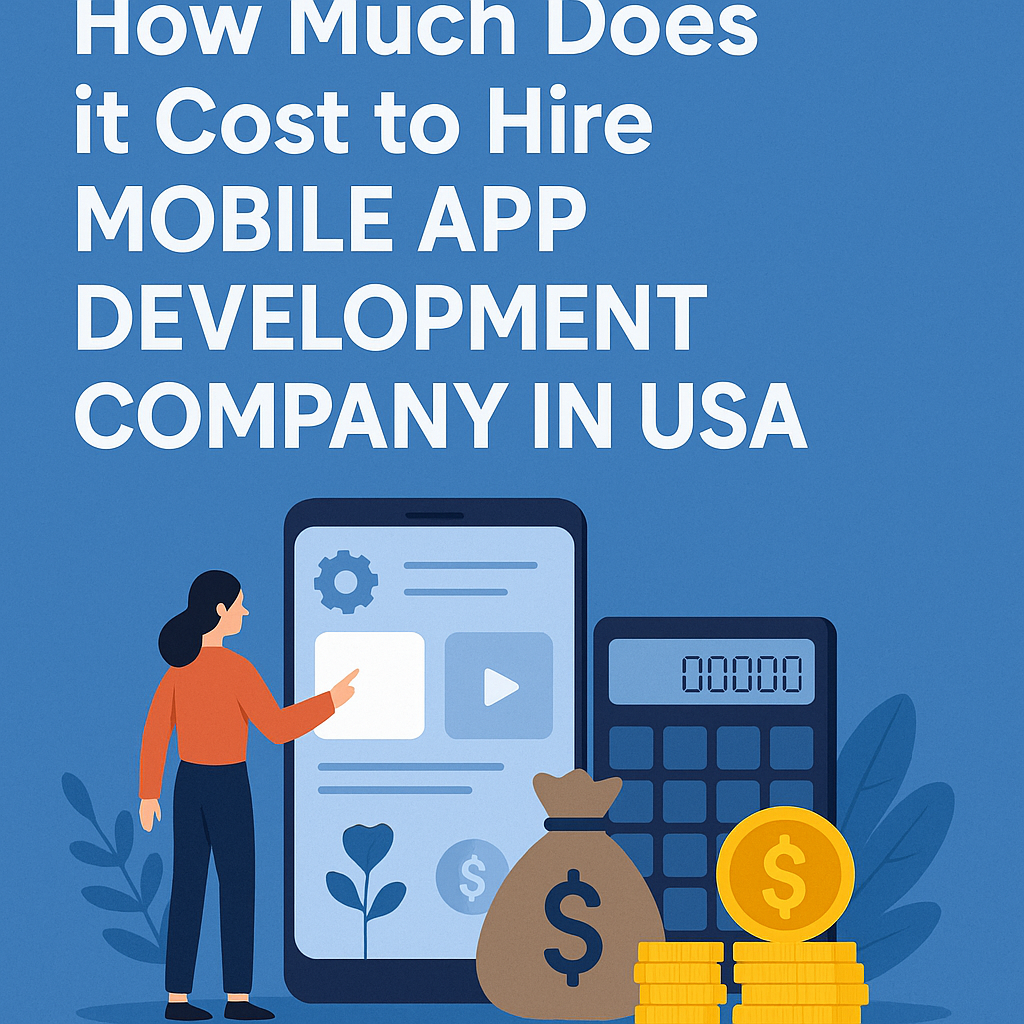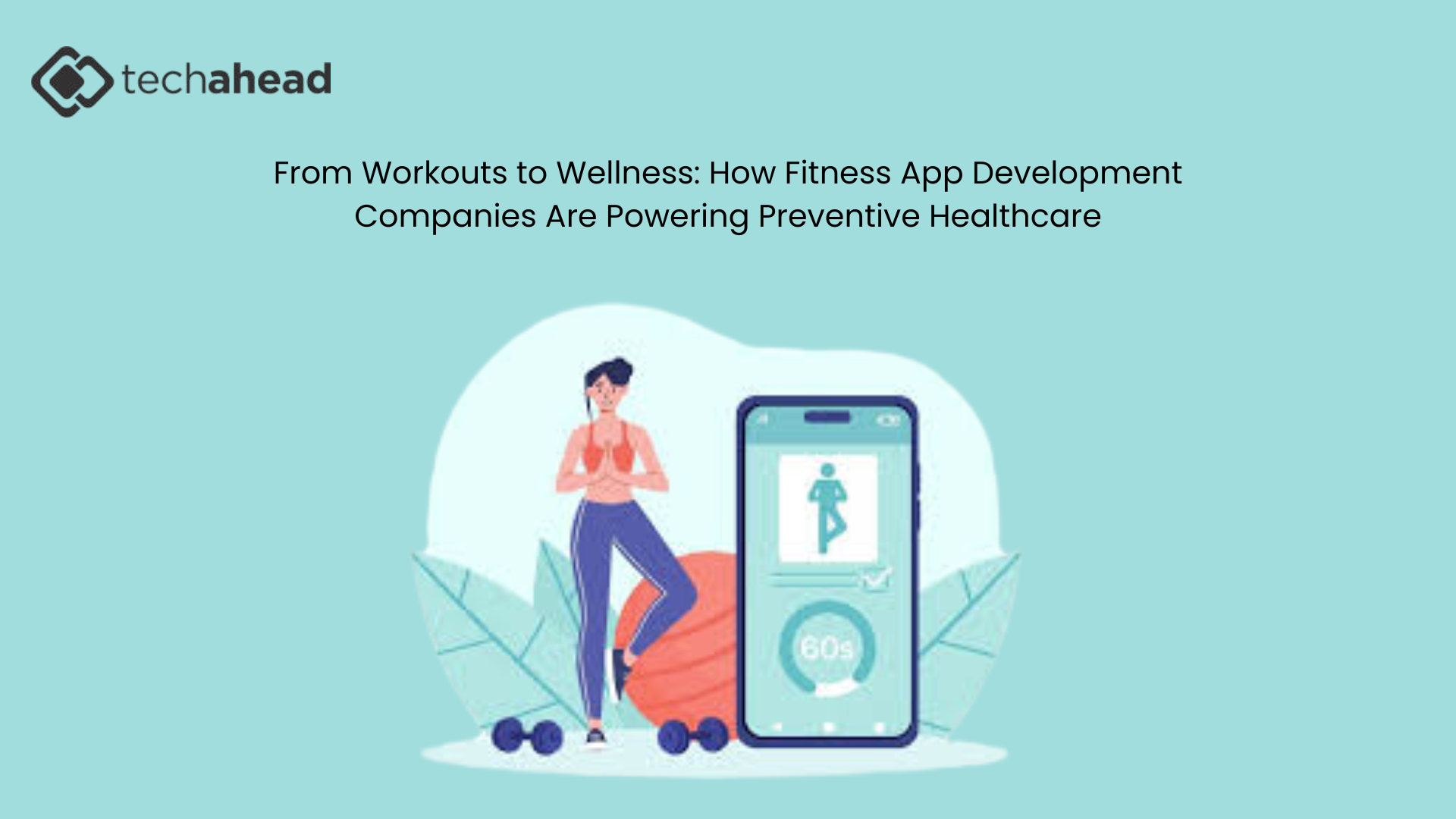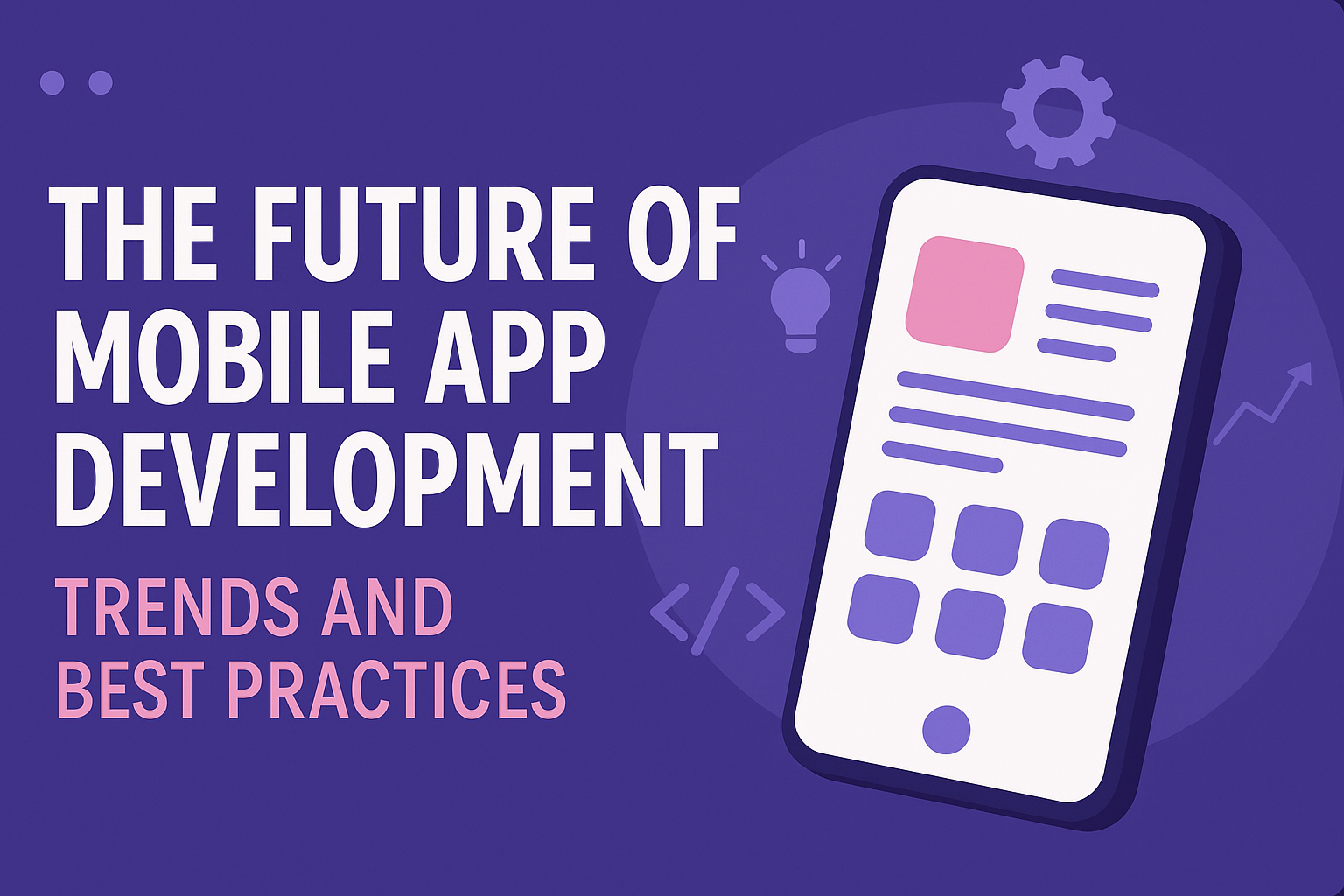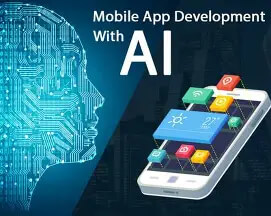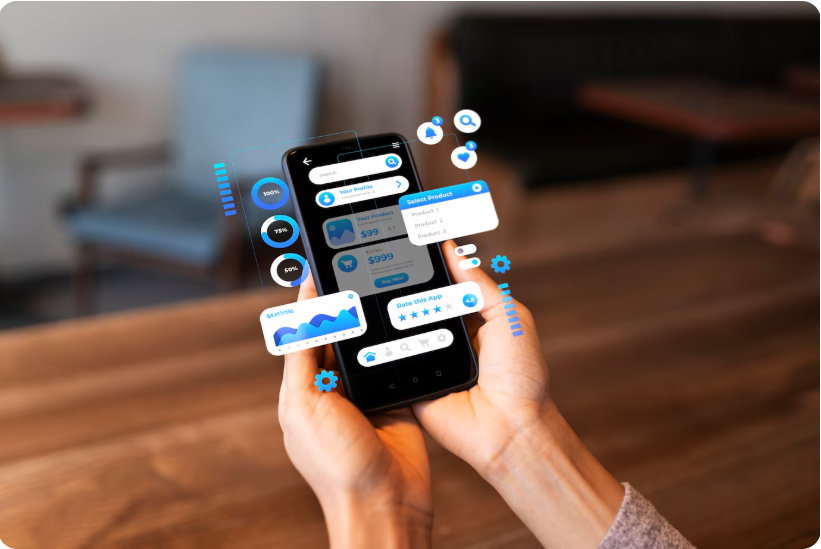Medication Tracker & Pill Reminder App Development Guide
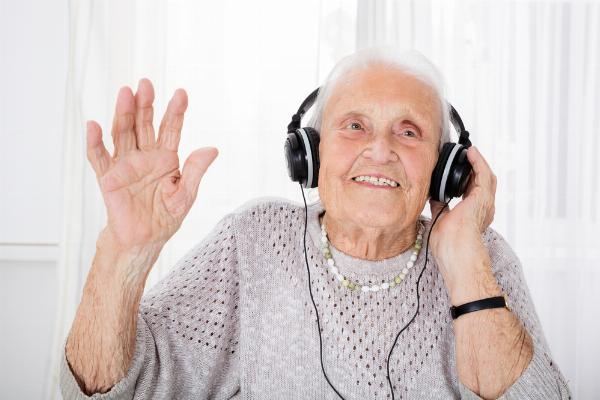
In recent years, the demand for elderly care apps has surged as more people look for innovative solutions to manage the health and well-being of the elderly. Among these, medication tracker and pill reminder apps stand out as vital tools to help seniors maintain their health with minimal stress. This article will guide you through the development of a medication tracker and pill reminder app, with a focus on features, development stages, and how integrating music streaming enhances the user experience in elderly care.
✍️ Progressive web apps are gaining traction. Our article on PWAs explains how they deliver fast, lightweight experiences directly from browsers.
Why Develop a Medication Tracker & Pill Reminder App?
Managing medications can be overwhelming, particularly for seniors who often have multiple prescriptions to take at various times of the day. A medication tracker and pill reminder app simplifies this process, ensuring that users do not miss doses, track their health, and reduce the risk of complications.
From the perspective of elderly care app development, these apps are crucial in improving adherence to medication schedules, offering peace of mind to both seniors and their caregivers.
Key Features of a Medication Tracker & Pill Reminder App
User-friendly Interface: The app’s interface must be simple, intuitive, and accessible for elderly users, considering their potential challenges with modern technology. Clear navigation, large fonts, and easy-to-understand graphics are essential.
Medication Scheduling: This core feature allows users to set reminders for different medications. It should accommodate various schedules, from daily doses to weekly or bi-weekly medications.
Push Notifications & Alarms: To ensure that users never miss a dose, the app should send timely notifications with audible alarms. For hearing-impaired users, vibrations and visual cues can also be included.
Medication Database Integration: A pre-loaded database of medications can help users easily select their prescriptions and dosages. This will also assist in identifying the purpose and side effects of each medication.
Health Tracking: Incorporating a health tracking feature allows users to log their symptoms, monitor their progress, and share data with their caregivers or healthcare providers.
Emergency Alerts: In case a user misses multiple doses or faces an emergency, the app can automatically notify a designated caregiver.
Voice Command Features: Elderly users can find voice commands easier to use than typing. Integrating voice-activated reminders adds convenience and accessibility for individuals with limited mobility or eyesight.
Integrating Music Streaming for Elderly Care
Music therapy has been proven to enhance cognitive function, reduce stress, and improve overall well-being, especially in older adults. By integrating music streaming in elderly care app development, you can offer a holistic approach that supports both physical and mental health. This adds an engaging, comforting feature for seniors, especially during medication reminders.
Benefits of Music Streaming in Elderly Care Apps:
Relaxation: Music can create a calming environment, helping users to relax, which is particularly beneficial during stressful health-related situations.
Cognitive Stimulation: For elderly users, especially those with conditions like dementia, music can stimulate memory recall and enhance cognitive function.
Custom Playlists: Caregivers or users can create personalized playlists that align with the user's preferences, making the app more personalized.
Including a music streaming app development component can make the medication reminder experience more pleasant, reducing the likelihood of anxiety around medical tasks. Moreover, playing music while taking medications can act as a subtle reminder, especially for elderly individuals who respond positively to auditory cues.
Development Stages for a Medication Tracker & Pill Reminder App
1. Research & Planning
Before starting the development process, it is crucial to understand the target audience's needs, including their technical abilities and health challenges. This involves conducting thorough market research on competitors, identifying gaps, and determining how your app can stand out in the field of elderly care app development.
2. Choosing the Right Technology Stack
The technology stack should support the app’s functionality while ensuring ease of use and smooth performance. For Android, you may opt for Java or Kotlin, and for iOS, Swift is the go-to language. To accommodate elderly users, it is essential to implement accessibility features and voice recognition.
3. Designing the User Interface
The design phase focuses on creating a layout that is visually appealing and easy to navigate. For elderly users, it’s critical to keep the design minimalistic. You’ll want to use larger text sizes, contrasting colors, and simple icons. A well-thought-out design reduces the learning curve and enhances user satisfaction.
4. App Development
At this stage, developers integrate all core features, including medication scheduling, push notifications, health tracking, and music streaming. In this stage, the integration of music streaming app development features can significantly enhance the overall user experience. Ensure the app runs smoothly across different devices and OS versions, with an emphasis on data security.
5. Testing
Testing should focus on functionality, user-friendliness, and compatibility with various devices. It is particularly important to test the app with real users in the target demographic (elderly individuals and caregivers) to gain valuable feedback and improve accessibility features.
6. Deployment
Once the app is tested and ready, it can be deployed on platforms like Google Play Store and Apple App Store. Developers should ensure they comply with healthcare regulations, especially around data privacy and security.
7. Post-Launch Support
Post-launch support includes regular updates, bug fixes, and introducing new features based on user feedback. Providing a responsive customer support system is vital, as elderly users may need help navigating the app.
Monetization Strategies
To ensure sustainability, you can consider various monetization models:
Freemium: Offer basic features for free, with advanced features available through a paid subscription.
In-App Purchases: Allow users to purchase premium features such as customized medication plans or exclusive music playlists.
Ads: You can include non-intrusive ads that are relevant to the elderly audience or offer an ad-free version for a small fee.
Conclusion
Developing a medication tracker and pill reminder app tailored for elderly care is a rewarding venture. By incorporating key features like health tracking, push notifications, and voice commands, you ensure the app meets the needs of elderly users. The inclusion of music streaming in elderly care apps adds a therapeutic element, making the app more enjoyable to use.
As the demand for elderly care app development grows, creating an app that focuses on ease of use, health management, and well-being will help you stand out in the competitive market. Integrating music streaming further enhances the value of your app, ensuring it not only improves physical health but also uplifts the spirits of its users.
Note: IndiBlogHub features both user-submitted and editorial content. We do not verify third-party contributions. Read our Disclaimer and Privacy Policyfor details.

